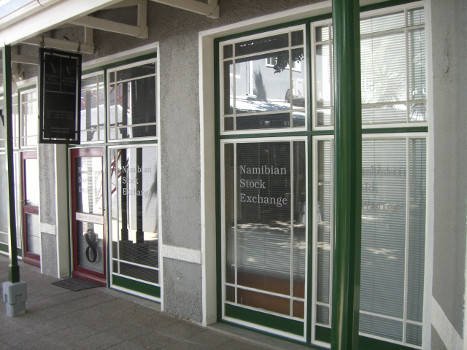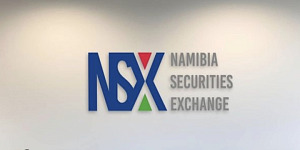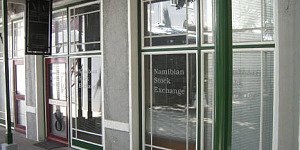THE Namibian Stock Exchange (NSX) plans to demutualise and intends to self-list.
Demutualisation is the process through which any member-owned organisation becomes a shareholder-owned company.
At the moment, the NSX is a not-for-profit members' association. But as many other exchanges in the region, it plans to self-list and says it is in a position to do so as it is cash-positive and self-funding.
NSX chairman David Nuyoma said in the 2015 annual report that from its reserves, the NSX funded the project to launch a central securities depository or CSD in the Namibian market, in partnership with the Bank of Namibia.
"The formalisation of the bond market and the eventual launch of derivatives are expected to follow the CSD launch," he stated. The CSD is expected to go live in the latter part of 2016.
Nuyoma said the implementation of the CSD is expected to open the Namibian market to additional interest from the international market, which would increase the demand on the bond market.
"It is clear that more Namibian companies need to come to market and expand their shareholding base if the liquidity problem is to be addressed," he noted.
He said it is of utmost importance to have clear guidelines on any requirements for Namibianisation, the Black Economic Empowerment/New Equitable Economic Empowerment Framework and localisation.
Nuyoma said it is clear localised products are required to fill the void as the current investments in dual-listed stocks decline.
"The long-term effect on the NSX on the reduction in the dual-listed percentage of assets is impossible to determine at this stage," he said. The traded value of local trades amounted to 4,9% of total trades.
The total of government debt securities at the end of 2015 stood at N$ 28,16 billion, up from N$ 9,98 billion at the end of 2010 plus N$ 12,1 billion internationally and N$ 750 million listed on the JSE.
"This may have deflected investments from the exchange, as will the introduction of Regulation 29 to the Pension Funds Act. The NSX believes that the unlisted investments are inherently riskier than listed investments, where corporate governance and disclosures are in keeping with best practices and subjected to transparent price discovery," he continued.
The Namibian Stock Exchange had a record year, with the overall comparative value traded being N$8 billion during 2014, and exceeding N$17 billion during 2015.
Acccording to the annual report, total net assets of the NSX and its Guarantee Fund now exceed N$ 62 million. During the period, new bond programmes were approved for the Namibia Water Corporation and Oryx Properties Limited.
During 2015, the local index also increased by 28% on turnover of N$ 812 million after a 17,3% increase in 2014, all in an illiquid market, while the overall index decreased by 21% against the JSE All Share index, which increased by 1,9%.
At 31 December 2015, the total market capitalisation was N$ 1,37 trillion, reconfirming the position of the NSX as the second- largest exchange by total market capitalisation in Africa after the JSE of South Africa.







































